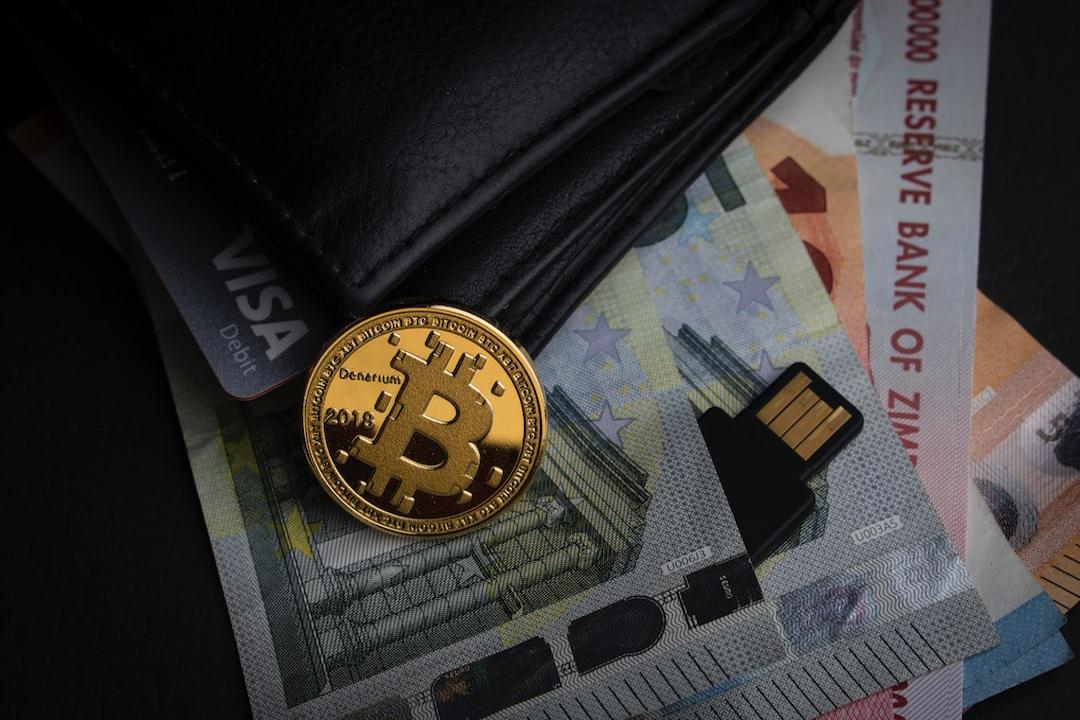The Vatican Library has joined forces with NTT DATA Italia to deploy blockchain technology in order to protect its extensive collection of manuscripts.
The “Vatican Library Web3 Support Project” was unveiled on June 17 with the objective of broadening the library’s online community and engaging supporters using cutting-edge technology.
With around 180,000 manuscripts and over 1.5 million printed books, the Vatican Library plans to issue non-fungible tokens (NFTs) to donors and social media users. This experimental initiative is currently only available to residents of Italy, although a trial phase was initially introduced in Japan in February 2023.
Participants who shared the NFT project on their social media accounts by July 16 were rewarded with a “Silver NFT,” granting them access to a special collection of high-resolution images of 15 manuscripts. Those who financially back the project receive a “Gold NFT,” providing them with access to high-resolution images of all 21 manuscripts in the collection.
According to an OpenSea proof-of-concept, 419 users have received Polygon-based NFTs, demonstrating the practicality of blockchain technology in preserving cultural heritage. These NFTs are soulbound, meaning they are non-transferable and permanently linked to the recipient’s digital wallet.
The Vatican Library, a repository of historical texts dating back to the 14th century, has launched the web3 project to advance its mission of making ancient documents more accessible to the public.
In 2020, the Vatican Library introduced a new website with enhanced search features and improved access to digital reproductions of manuscripts, inventories, and archival materials, among others. The initiative is aimed at safeguarding cultural heritage, with potential future plans including immersive extended reality (XR) experiences such as augmented or virtual reality.
NTT DATA Italia has been working with the Vatican Library since 2014, utilizing its digital archive service AMLAD, which includes over 2 million assets, to preserve historic documents. The company has invested significant resources in web3 infrastructure and is also preparing to unveil a crypto wallet later this year, underlining its commitment to the digital future.
Subscribe to Updates
Get the latest creative news from FooBar about art, design and business.
Vatican Library adopts blockchain technology to protect ancient manuscripts and involve supporters
Previous ArticleParis Match to sell NFTs in honor of magazines legacy
Related Posts
Add A Comment

